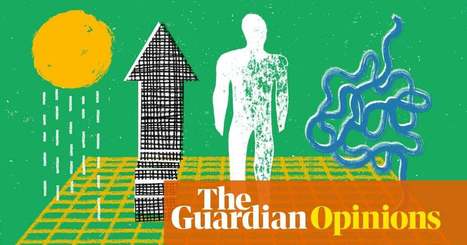This is not simply a rich versus poor countries divide: there are huge emitters in poor countries, and low emitters in rich countries
Research and publish the best content.
Get Started for FREE
Sign up with Facebook Sign up with X
I don't have a Facebook or a X account
Already have an account: Login
A brief overview of relevant articles for IB, A-Level and Pre-U economists relating to microeconomic issues
Curated by
Graham Watson
 Your new post is loading... Your new post is loading...
 Your new post is loading... Your new post is loading...
|
Aubrie Dorsey's curator insight,
April 22, 2021 3:23 PM
I think this video emphasizes inequality. The amount of incinerators that are located in low income areas, are damaging the quality of life for those people who live there. One of the women who interviewed expressed that these individuals should be not be more at risk for health issues based on where they live.
|

























An interesting perspective on climate change is offered in this article: the biggest carbon emitters aren't divisible by where they live but how rich they are. And if, as the article suggests, the rich generate half of greenhouse gas emissions, shouldn't the pay more to tackle the issue? It would seem to be a simple application of the Pigouvian principle that the polluter pays. Levying higher taxes on aviation fuel, for example, would be a start, whereas in many developed economies aviation fuel is tax-free.